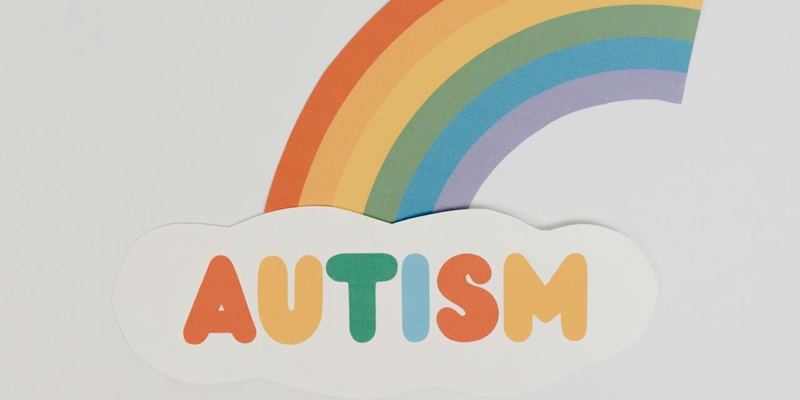The UK government has initiated a thorough review led by Work and Pensions Secretary Mel Stride to bolster support in the workplace for individuals with autism. This move aims to tackle the stark contrast between the employment rates of those on the autism spectrum and the non-disabled populace — only 30% of adults with autism are employed, considerably lower than the 80% of non-disabled and 50% of all disabled individuals. The low employment rate for individuals with autism not only represents a significant loss for businesses that could harness their distinctive talents but also highlights broader societal issues related to inclusivity and equality. The government’s proactive step seeks to understand the hurdles faced by jobseekers and employees with autism, with a goal to generate more inclusive opportunities, benefiting both individuals and the wider economy.
Workplace Support Tactics
Tailoring Training Modules
Employers are advised to develop specific training programs tailored to the distinctive abilities and learning preferences of employees with autism. Such initiatives are crucial for equipping them with the necessary workplace competencies and facilitating their successful integration into the workforce. These targeted training modules should encompass a variety of essential skills, including effective communication, collaborative teamwork, efficient time management, and the mastery of particular job-related tasks. This approach not only supports individuals with autism in reaching their full potential but also benefits businesses by tapping into the unique strengths that these employees bring to their roles. Making this investment demonstrates a commitment to diversity and inclusivity while optimizing a company’s overall performance by leveraging the diverse talents of all its employees.
Career Advice and Autism Design Guides
Offering customized career guidance to individuals with autism is imperative, considering their unique skill sets and challenges. Such tailored advice clears the path for their integration into the workforce and ensures their talents are matched with the right positions. Furthermore, the development of “autism design guides” could be instrumental. These guides would outline how to create sensory-sensitive workspaces and provide the necessary accommodations, enabling an inclusive environment for all employees. This approach respects neurodiversity and promotes a supportive workplace, enhancing productivity and well-being for employees with autism. With appropriate adjustments and understanding, businesses can leverage the distinct strengths that individuals with autism bring to their roles, leading to a diversified and robust workforce.
Collaboration and Cultural Change
Government and Business Joint Efforts
The review aims to pave the way for government-private partnerships, setting up employment schemes tailored for individuals with autism. Celebrating successes and offering specific workplace support are key to these initiatives. The government’s financial commitment is evident through the £2.5 billion Back to Work Plan, underscoring its dedication to a cultural transformation that boosts employment rates for individuals with autism. With these efforts, the UK takes significant strides towards workplace inclusivity, addressing challenges previously highlighted in the Disability Action Plan and advancing the integration of individuals with autism into the workforce. These moves represent an acknowledgment of the barriers faced by individuals with autism and a concerted effort to dismantle them, fostering a more diverse and welcoming professional environment.
Role of Recruitment Professionals
Recruitment professionals, including the Recruitment and Employment Confederation, are recognizing the valuable potential within the neurodiverse community. This insight is leading to the development of specialized training and guidelines to promote more inclusive recruitment strategies. By tapping into the array of talents offered by neurodivergent individuals, notably those with autism, recruiters are not only expanding the talent pool for businesses but also championing the career growth and satisfaction of these candidates. Adopting such a recruitment approach transcends moral correctness; it’s likely to bestow advantages to all parties and strengthens the core of a diverse and inclusive workforce. This strategic shift in recruitment underlines the importance of leveraging the unique abilities that neurodiversity brings to the professional environment.

